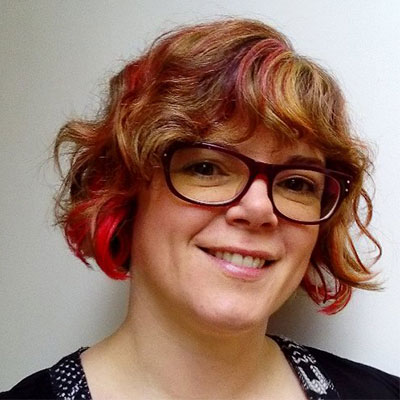We see our commitment to research as being essential if we are to positively influence the position and recognition of the value that Montessori can bring to educational practice worldwide. Our research fund will help shape modern day early years education through the promotion of relevant, professionally collaborative quality research into Education and the Montessori approach in the 21st century.
Critical Perspectives of Curriculum and Development in the Early Years University of Plymouth, UK

In 2021 we launched our first Fund for sharing our sector wide commitment to exploring the ways in which we can support educators and their professional practice.
We chose to work with Dr Verity Campbell-Barr and the team at the University of Plymouth as an indication of the value we place on research activity; especially that which engages with educators directly – at all stages of their careers. Seeking out such collaborations is essential if we are to positively influence the position and recognition of the value that Montessori can bring to educational practice worldwide – for all educators in training and all graduates from any pedagogical focus or training programme.
Looking forwards, our Early Years Insight Fund will help shape modern day early years education through the promotion of relevant, professionally collaborative quality research into Education and the Montessori approach in the 21st century. We look forward to sharing these explorations with you all.
OUR BRIEF:
Critical Perspectives of Curriculum and Development in the Early Years (with University of Plymouth, UK)
THE PROJECT:
This study is a critical analysis of curriculum alongside looking at understandings of child-development. By gathering opinions from focus groups of educators and professionals, including learning walks with those in practice, will offer an insight into and understanding of how approaches to the curriculum are developed.
This will include Montessori but will not be focused on Montessori provision in any way. It is a deliberate contextual project to reflect the challenges and opportunities for Montessori in practice today.
BACKGROUND & CONTEXT:
Back in 2021, this research project at the University of Plymouth aimed to explore how children up to the age of five could get the most out of early years education, whether that is delivered at home, in day nurseries, or in their first months at school. It also aimed to explore how early years educators could be best supported to provide this education and take advantage of existing and new best practice in teaching methods. The study provided a critical analysis of curriculum alongside looking at understandings of child-development. By gathering opinions from focus groups of educators and professionals, including learning walks with those in practice, the study offered insight into understanding how approaches to the curriculum are developed.
OUR APPROACH:
Funded by the Montessori Group, we launched this project on the same day as the Department for Education’s revised Early Years Foundation Stage framework came into force.
The new research began initially as a series of questionnaires being directed at experts in the field on the nature of the curriculum and how it relates to child development. The project team then met with groups of practitioners, including childminders and day nursery staff, to get their views and to understand how the curriculum is delivered in practice.
EXPERT TEAM:
The project joins a long line of research on child-centred early years education by academics in the University’s Plymouth Institute of Education. The project has been led by Associate Professor in Early Childhood Studies Dr Verity Campbell-Barr and Associate Professor Dr Jan Georgeson, working alongside Lecturer in Education (Early Childhood Studies) Dr Katherine Evans and Doctoral Teaching and Research Assistant Sasha Tragenza-May.
Find out more about the research here.


